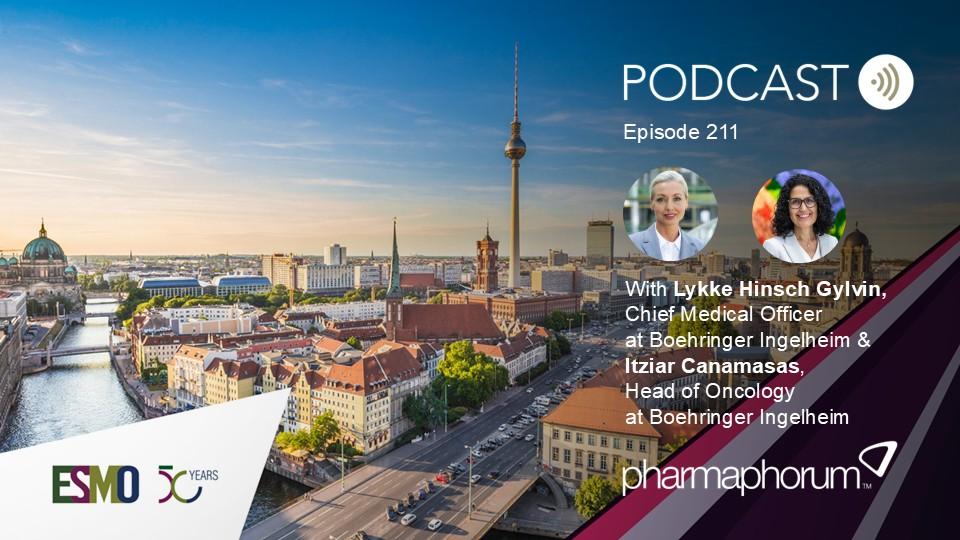GSK bags breakthrough status for B7-H3 ADC for lung cancer

An antibody-drug conjugate (ADC) that GSK licensed from China's Hansoh Pharma in a $1.7 billion deal last year has been given breakthrough status by the FDA.
The coveted designation for GSK5764227 (GSK'227, previously known as HS-20093) is for the use of the ADC to treat relapsed or refractory extensive-stage small-cell lung cancer (SCLC) and comes after "promising early clinical evidence" in this tumour type, according to the pharma group.
B7-H3, also known as CD276, is an immunoregulatory protein that is overexpressed in tumour tissue, notably in lung, breast, ovarian, gastric, and brain cancer, as well as squamous cell carcinoma of the skin. It has limited expression in normal tissues, making it an interesting target for therapy that could avoid off-target side effects.
"Extensive-stage small-cell lung cancer is aggressive with poor prognosis and significant need for new treatments," said Hesham Abdullah, global head of oncology, R&D at GSK.
Phase 1 data presented at last year's ASCO congress revealed that 34 out of 40 (85%) heavily pre-treated patients with SCLC, non-small cell lung cancer (NSCLC), and sarcoma saw evidence of disease control, with 14 partial responses. The results were particularly strong in the SCLC subgroup, with seven out of nine patients showing signs of tumour shrinkage.
Patients in this situation have typically seen disease progression on or after chemotherapy, with very few treatment options remaining to them.
SCLC accounts for around 15% of all lung cancers in the US, and 70% of cases have extensive-stage disease, meaning the cancer has spread throughout one or both lungs and/or to other parts of the body. Once it reaches that stage, the five-year survival rate is very low, at around 3%.
Breakthrough status "supports our ambition to accelerate GSK'227 for these patients as part of our broader ADC programme, focused on developing new treatment options with transformational and first-to-market potential," according to Abdullah.
GSK paid $185 million upfront last December for rights to GSK'227 outside China, Hong Kong, Macao, and Taiwan, with another $1.525 billion in success-based milestones.
It is playing catch-up with another B7-H3 ADC candidate from MSD and Daiichi Sankyo, ifinatamab deruxtecan (I-DXd), which started a phase 3 trial in extensive-stage SCLC earlier this month. MacroGenics, meanwhile, has an ADC called vobramitamab duocarmazine (vobra duo) in phase 2 testing for colorectal cancer and phase 1 for SCLC and other solid tumours.
GSK'277 was the company's second licensed ADC from Hansoh, coming after it secured rights to HS-20089, a B7-H4 targeted ADC with potential as a triple-negative breast cancer treatment, for $85 million upfront and up to $1.5 billion in milestones. Both ADCs use a proprietary topoisomerase inhibitor developed by Hansoh as a cell-killing payload.
Image by Gerd Altmann from Pixabay












